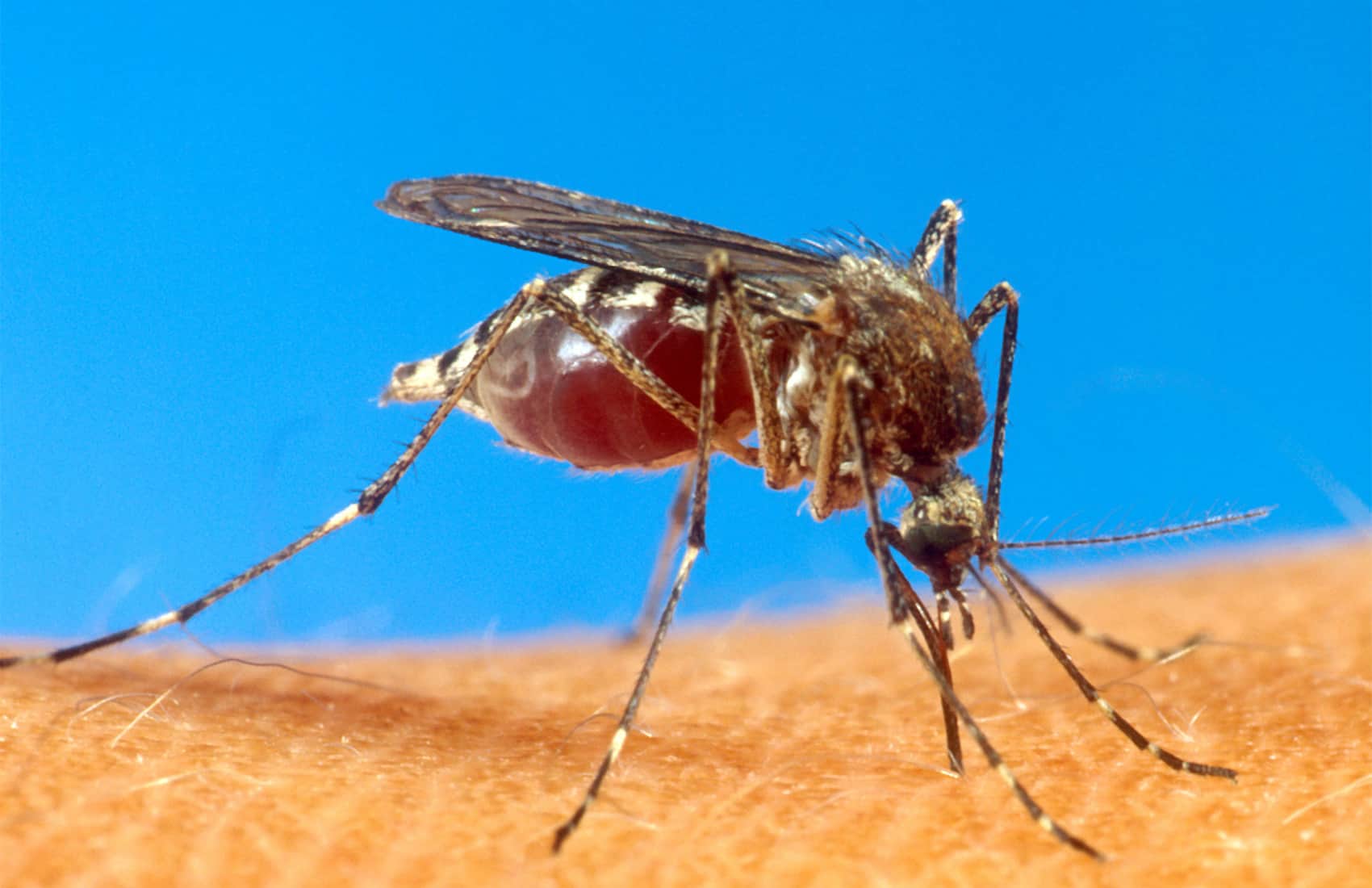Costa Rica is facing an outbreak in dengue fever cases this year, including the reemergence of two serotypes not seen in over 20 years. According to data from the Ministry of Health, as of November 28th, 2,305 dengue cases have been confirmed via PCR tests. Notably, serotypes 3 and 4 are predominating, after not having circulated in Costa Rica since the 1990s.
“Typically, we see circulation of serotypes 1 and 2, but this year that changed with the return of type 3 and type 4 after 22 years without contagion,” the Health Ministry acknowledged. Current data shows 536 cases of type 1, 393 of type 2, 545 of type 3, and a stark 831 cases of type 4.
In total, the country has tallied 24,941 dengue cases this year so far, a drastic jump from the 7,485 infections recorded in 2022. The cantons witnessing the highest case counts are Puntarenas (2,300), Alajuela (2,134), Sarapiqui (1,617), Siquirres (1,591), Pococí (1,535), and San Carlos (1,376).
Health officials urgently advise residents to eliminate standing water and other mosquito breeding habitats around homes. “We call on people to constantly clean and empty water storage containers, check and clean canoes and black plastic in backyards, and shelter or properly dispose of unused tires,” the Ministry stated. They also ask citizens to cooperate with fumigation officials conducting home visits.
The most severe, potentially life-threatening dengue symptoms include abdominal pain, vomiting, dehydration, disorientation, unexplained bruising, and pinpoint red spots indicating very low platelet levels. “If a patient shows these signs, hospital observation is ideal to monitor for additional issues like dropping blood pressure or shock,” said Dr. Marcela Hernandez of the Children’s Hospital.
The Health Ministry stresses that residents suspecting dengue infection should immediately visit a medical center instead of self-medicating. With proactive community participation in mosquito control and prompt medical attention, Costa Rica can hopefully curtail this year’s unprecedented dengue surge. But experts say enhanced vigilance may be the new normal, with tropical diseases like dengue potentially emerging in changing climate patterns.






